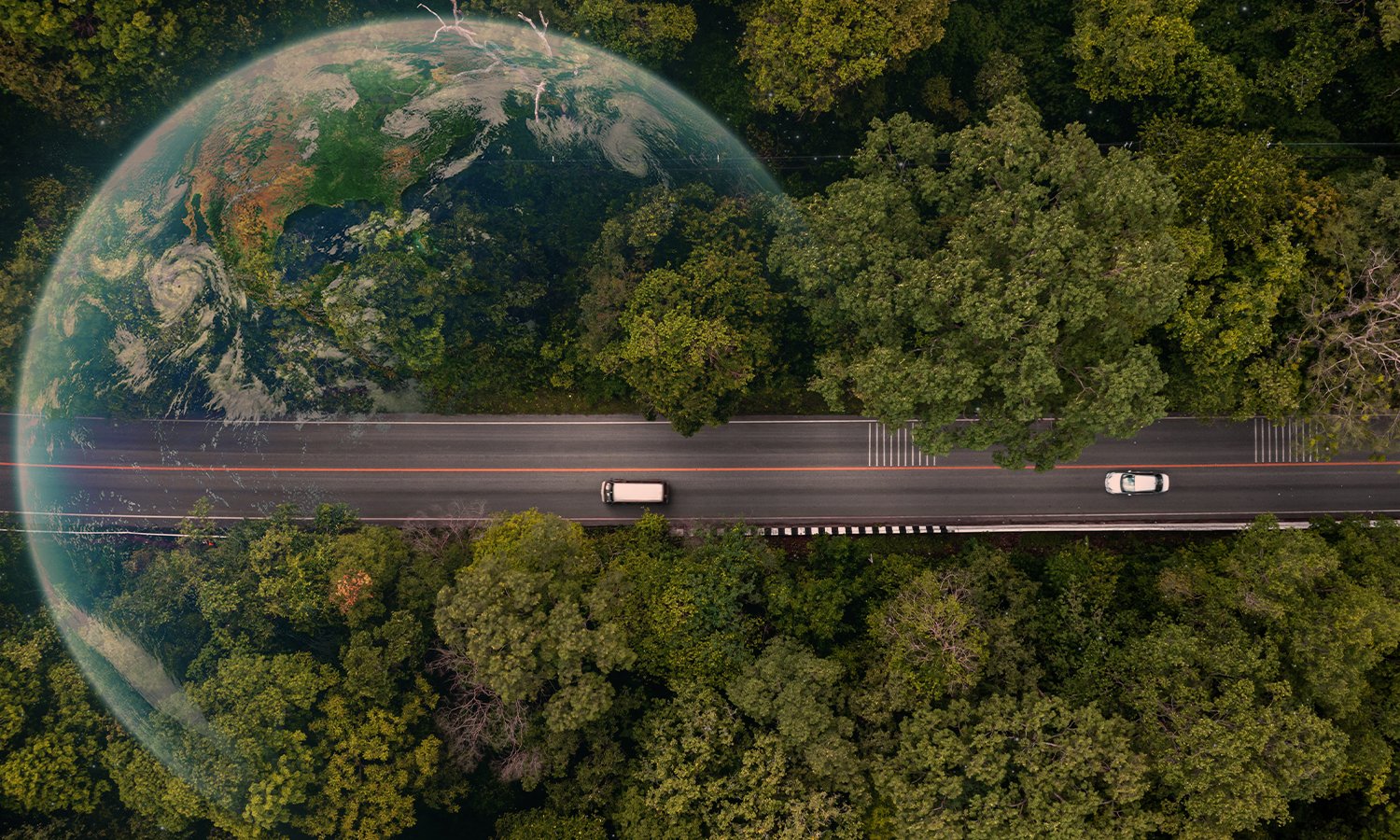Sustainable Logistics: Greener Routes to Global Transportation

The logistics industry is undergoing a green transformation. As global supply chains expand and consumer expectations lean toward environmental responsibility, companies are reimagining how goods move across borders. In Germany and across Europe, this momentum is reshaping logistics operations—from electric fleets to eco-friendly packaging and data-driven carbon management.
This transformation is not solely driven by regulations; it’s fueled by increasing demand for eco-conscious solutions, investor pressure for stronger ESG (Environmental, Social, Governance) performance, and the economic benefits of reducing waste and increasing efficiency. Today, sustainability in logistics is viewed not as an expense, but as an opportunity for innovation, brand trust, and long-term resilience.
For international businesses planning to expand into Germany, embedding sustainable logistics and supply chain management practices is not just a compliance requirement; it’s a strategic advantage.
The Rise of Sustainable Logistics in Germany and Europe
Germany is leading the way in sustainable logistics. Backed by strong climate policies, green investment incentives, and a highly advanced logistics network, the country provides a solid foundation for businesses aiming to adopt sustainable practices. Global enterprises operating in Germany are aligning their logistics strategies with EU climate goals and evolving consumer expectations for greener transport.
Let’s explore three major trends driving this shift:
1. Transition to Electric Fleets
- Companies are replacing diesel trucks with electric vehicles (EVs) to significantly reduce CO₂ emissions.
- Logistics hubs in cities like Hannover are developing robust EV charging infrastructure to support both last-mile delivery and heavy-duty freight.
- Advancements in battery technology and faster charging are making EV fleets viable for long-haul routes across Germany and its neighboring regions.
2. Low-Emission and Smart Packaging
- Sustainable logistics extends beyond transport—packaging innovation is vital.
- Businesses are switching to biodegradable, recyclable, and reusable packaging to reduce waste.
- Smart packaging solutions not only minimize material usage but also enhance inventory tracking and handling efficiency.
Tip: Companies entering the German market should partner with local packaging providers that meet environmental certification standards.
3. Carbon-Neutral Supply Chain Practices
- A growing number of businesses are targeting net-zero logistics by offsetting emissions and optimizing their supply chain operations.
- AI-powered tools now help companies optimize delivery routes, monitor energy usage in warehouses, and track carbon emissions across the supply chain.
- Germany promotes carbon accounting frameworks such as ISO 14064, empowering businesses to measure, verify, and improve their carbon footprints.
Sustainability in logistics is now data-driven—enabling smarter, faster, and greener decision-making across the value chain.
Benefits of Embracing Sustainable Logistics
- Regulatory Compliance: Proactively meet EU and German climate laws and sustainability mandates.
- Brand Trust: Eco-conscious consumers prefer sustainable brands and reward them with loyalty.
- Operational Efficiency: Greener logistics reduces energy consumption, minimizes waste, and lowers long-term operational costs.
- Market Advantage: Sustainability is a key factor in global trade, procurement decisions, and partnership opportunities.
Adopting sustainable logistics and supply chain management doesn’t just improve compliance it strengthens your entire value chain.
Conclusion
At Hannover International Business Services (HIBS), we help international companies set up in the Hannover Region and grow responsibly in Germany. From logistics consulting and regulatory guidance to local partnerships and infrastructure support, our team ensures that your entry into the German market aligns with sustainability goals.
As global momentum toward net-zero operations accelerates, sustainable logistics will play a defining role in shaping the next generation of business models. Companies that act now will gain not only regulatory compliance but also market leadership and long-term customer loyalty.















 Twitter
Twitter